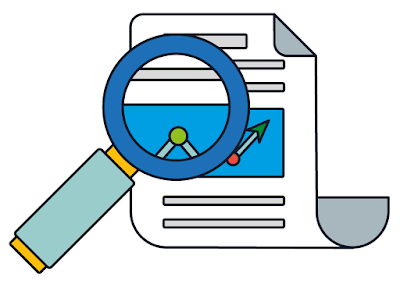Tips to perform well in economics exams
Economics is a subject that is based on real-life scenarios. It helps us to understand how money flows in our society and helps us make accurate predictions about the economy in the future. Economics exams usually consist of 2 main parts, the case study, and the essays.
Case studies follow the format where there will be a few articles that are based on recent economic activities in the world and there will be questions that test the students’ understanding of the economic concepts and even ask them about possible solutions to economic problems. This is where the student needs to apply his or her knowledge learnt from economics classes to try and convert real-life problems into something that they already know.
How to perform well in Case Studies:
To do well in case studies, students need to be familiar with concepts that are taught in class. There are a few ways to do this.
Firstly, students can repeatedly read the notes until they remember how different actions or policies result in different outcomes. For example, implementing a certain policy can result in a shift in a graph. By remembering these effects, the student will be able to identify the actions made by people in the articles and predict the possible outcomes. Secondly, the students can read economic articles in their own free time to learn about the current economic advancements or setbacks that are happening in the world. This can help students understand how policies actually affect the economy in real life. Sometimes, this even allows students to predict possible articles that could come out for the exam.
By analysing the articles and learning the different concepts behind them, the student will be able to do well in the economics exam. There is, however, still one more thing the student must do. Just memorising the concepts may not secure a good grade for the exam. It is essential for the student to practice doing case studies on their own as it gives an authentic feel for what the exam will be like. The student should try answering the questions without external help and later on check their answers and rectify any misunderstanding that they had. To complement all of these efforts, students should also diligently take notes during class so that they do not miss out on any important concepts or examples.
Essays follow the formats where there will one or two questions with a very high number of marks allocated to them. Students will be tasked to come up with an in-depth analysis of a concept or real-life problem. Their analysis must include arguments, counter-arguments, a concrete stand, a summary of their points and relevant diagrams. If all of this is done correctly, students will receive very high marks for their essays. However, doing all of these correctly is not very easy.
How to perform well in essays:
Students need to be familiar with the pros and cons associated with a certain policy or method. These pros and cons will be the ones that will help students form their arguments and counter-arguments. This will require a good understanding of the concepts behind the policy or method. The best way to remember these pros and cons is to practice writing an essay containing them and discussing the current issues with friends or others. If students do this for the main policies that will be tested in their exam, they can achieve a high grade.
Tuition:
One of the best ways to excel in economics is to seek external help through economics tuition. Economics tuition in Singapore is becoming increasingly famous among students because the syllabus is becoming much more complex and there are so much more expectations that teachers have for their students.
In conclusion, reading the notes carefully, reading many articles that cover current economic issues and practicing frequently will all collectively help students secure high grades on their exams. It may be challenging, but it's not impossible to excel!





Comments
Post a Comment